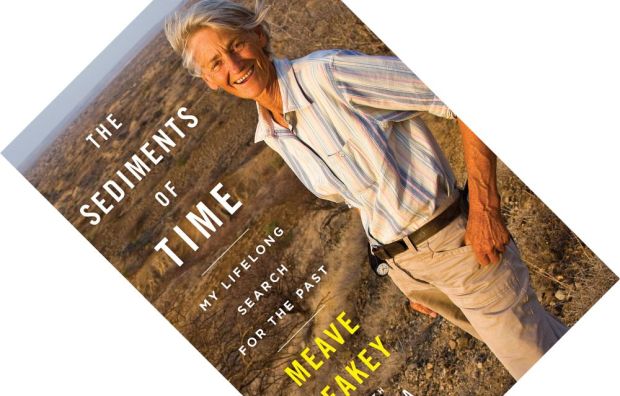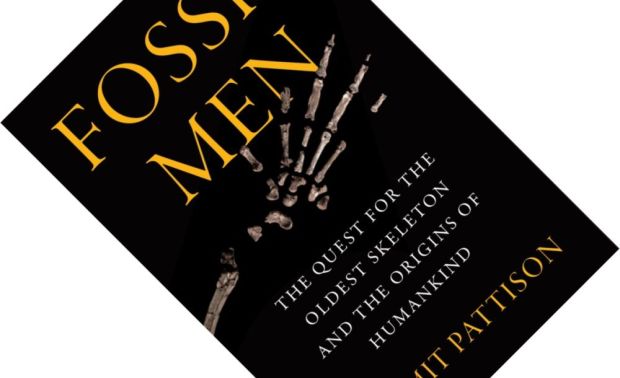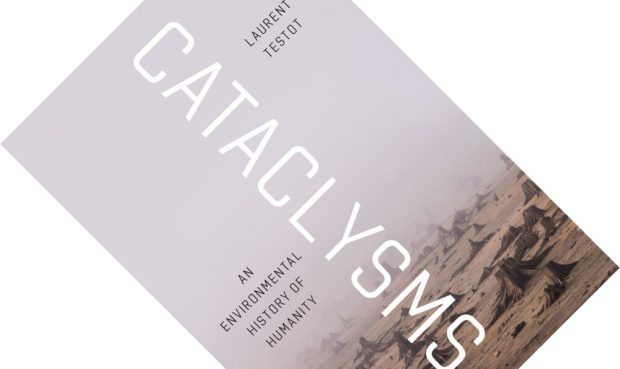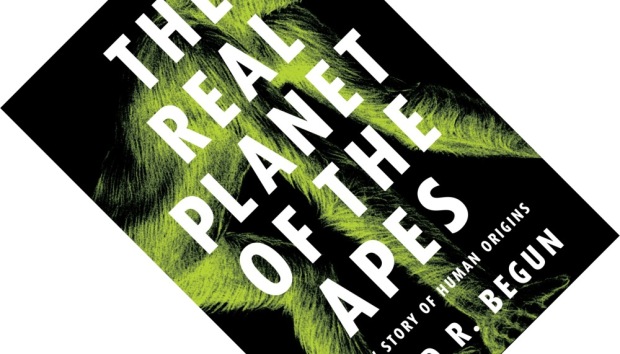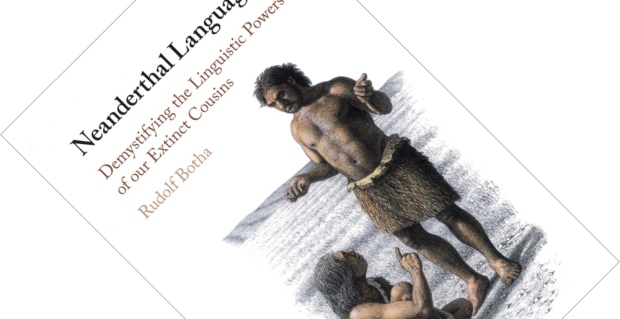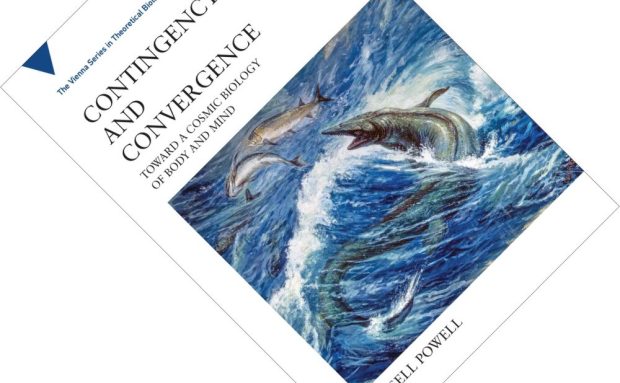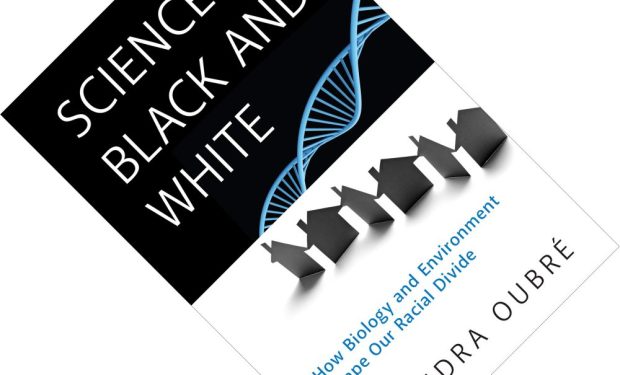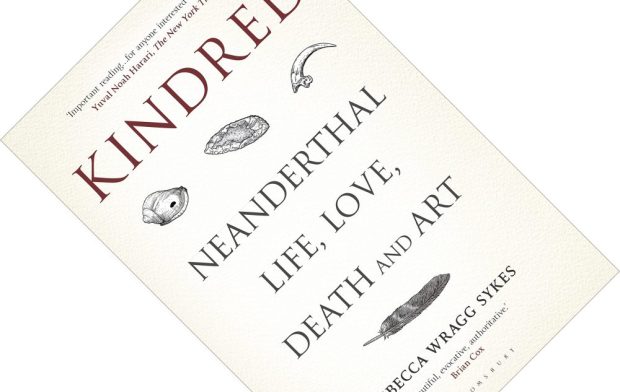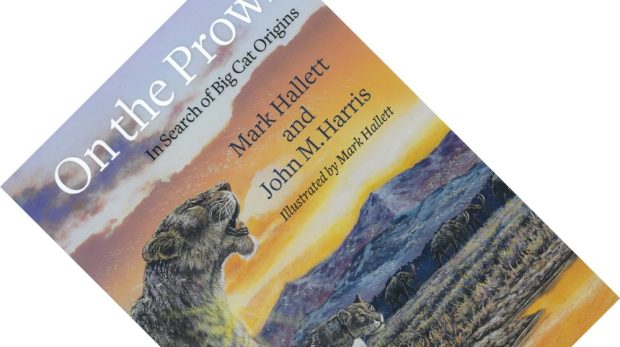6-minute read
In the field of palaeoanthropology, one name keeps turning up: the Leakey dynasty. Since Louis Leakey’s first excavations in 1926, three generations of this family have been involved in anthropological research in East Africa. In this captivating memoir, Meave, a second-generation Leakey, reflects on a lifetime of fieldwork and research and provides an inspirational blueprint for what women can achieve in science.

